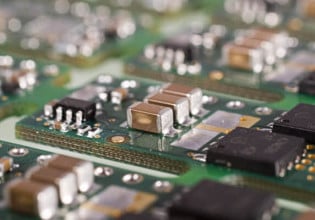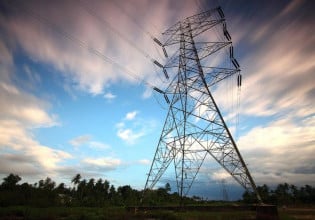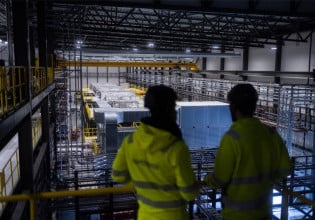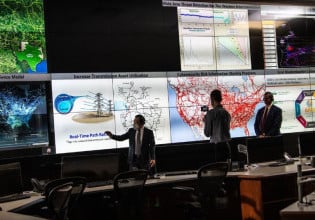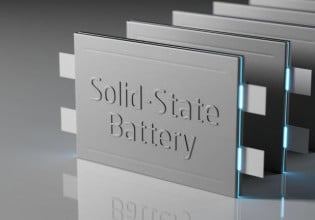Pulsing RF Power Extends Deep-Cycle Battery Life
Engineers at Sakura Batteries UK have spent the last two years developing a product, the Battery Extra EX02, to extend the life of deep-cycle batteries, typically used in off grid solar and wind power systems. It has long been known that the weak link in off grid systems is the premature and costly failure of the lead acid batteries. All research has shown that more than 80% of these failures are due to sulfate build up on the battery plates. This is generally caused by the regular use of batteries before they are fully charged. The battery Extra is not a battery charger; it works in conjunction with an existing charger set up and will not interfere with its performance. Also the Battery Extra will not recover batteries that have internal damage.
The Battery Extra EX02 was developed specifically for the larger battery banks, up to 3,000Ah, found in off grid systems. Sakura has designed and built an economically priced, powerful and very compact desulfator, that is able to fully clean both the negative and positive battery plates of all the sulfate crystal build up, without the need for the damaging high voltage spikes, keeping them in top condition, ensuring they have the maximum possible lifespan. It works during both the charge and discharge phase of the battery cycle. The Battery Extra EX02 will also recover sulfated batteries, returning them to a fully working condition.
The Battery Extra EX02 works by creating a wide range of radio frequency signals coupled with a voltage pulse, and sending them to the battery, these are designed to gradually dissolve the sulfate crystals, which build up on the plates of the batteries. It is this sulfate build up that reduces the batteries capacity. Gently dissolving the sulfate crystals back into the electrolyte, lowers the internal resistance of the battery, and raises the specific gravity. This will keep, or return, batteries to their maximum capacity.
Off grid solar battery banks are particularly susceptible to battery sulfation. During battery discharge, sulfuric acid is consumed and some lead sulfate can form on the plates. If the battery remains in a partially discharged condition, this lead sulfate will turn into hard crystals. This process, called "lead sulfation," causes the crystals to build up over time, increasing the internal resistance of the battery and lowering the specific gravity. This reduces capacity and results in premature failure. Sulfation from undercharging of the battery is the leading cause of battery failure in solar systems.
Normal charging of the battery will convert the sulfate back to active material, if the battery is fully recharged before every use. However, a solar battery is often not completely recharged before it is called into action. This can be because the panels are undersized or poor weather conditions. To try to solve this problem many solar battery charge controllers employ an automatic equalization program, in effect a controlled over charge. Depending on the model this program may be pre-set to operate say once a month, or may be manually set by the user. In either case this is OK if the program runs on a sunny day, when the amount of input energy can fully recharge the battery plus the additional overcharge. Unfortunately this is often not the case.
Sakura are so confident in the quality and ability of the Battery Extra to improve the performance of deep cycle batteries that they offer a 60 day full money back guarantee including the return costs. Brian Burton, sales director of Sakura Batteries said "In effect we are offering a free trial of our product, no ifs or buts, if the Battery Extra EX02 desulfator does not improve the performance of your batteries, we give you your money back. Plus we offer an extended three year warrantee with all Battery Extra desulfator products."


